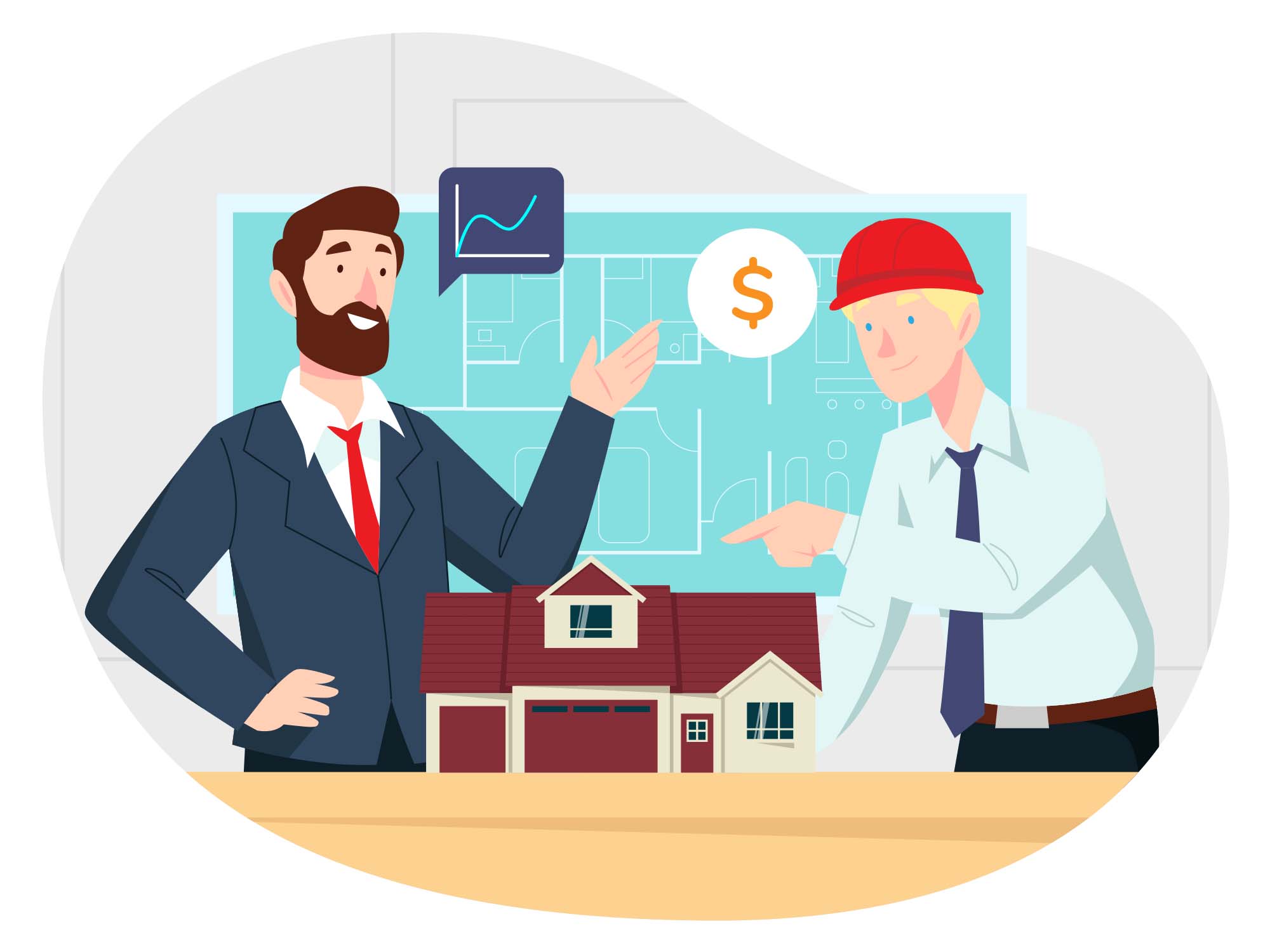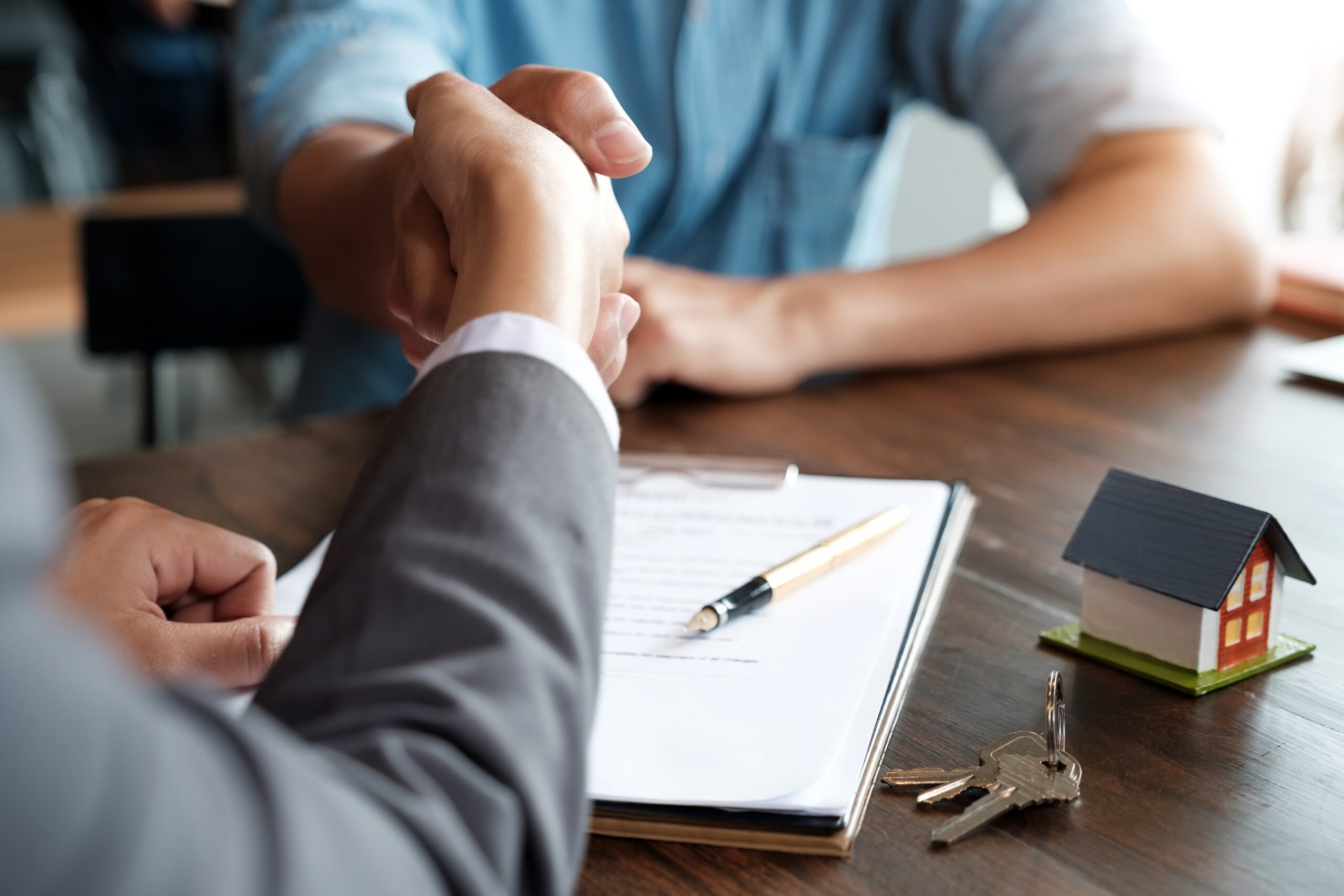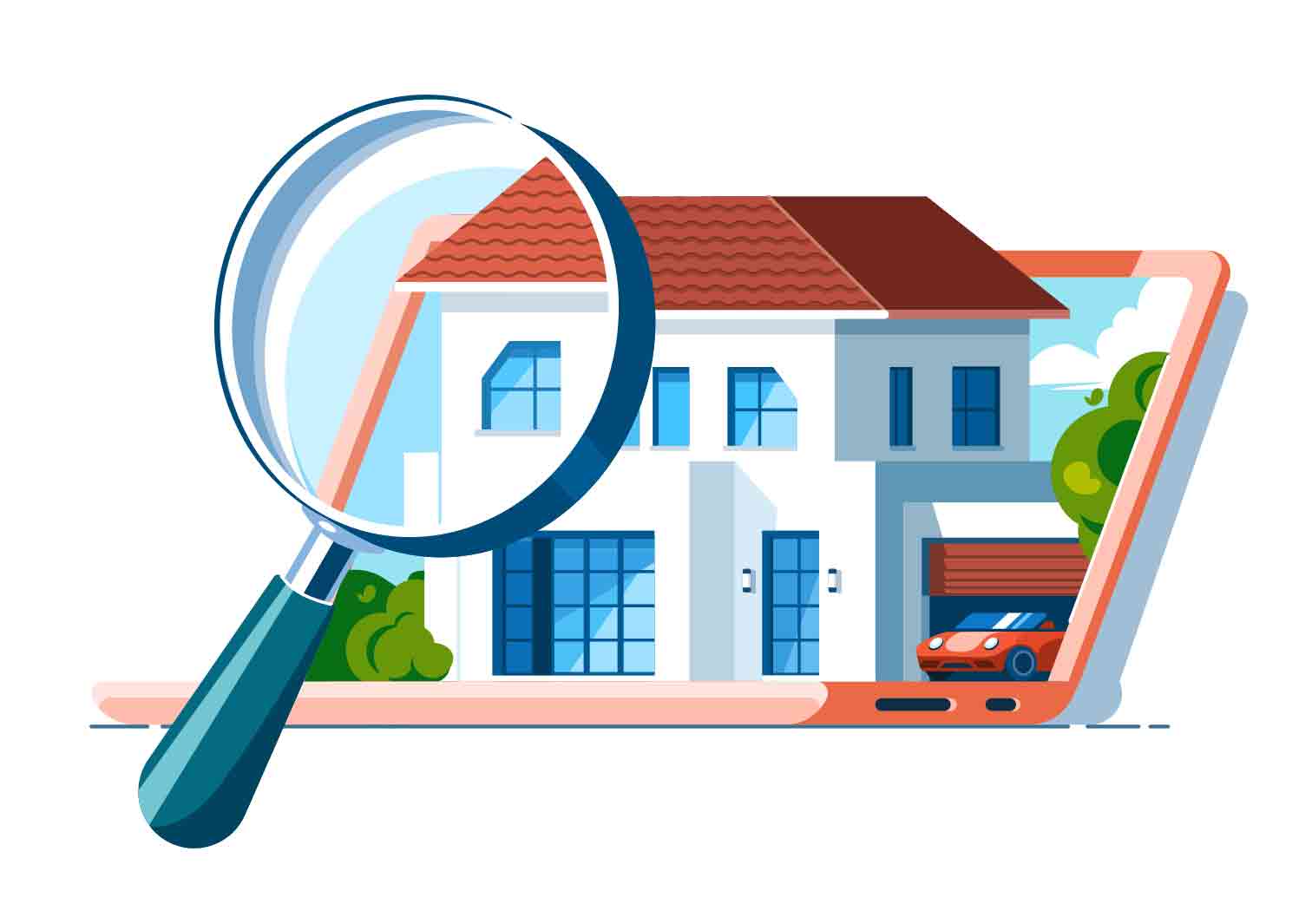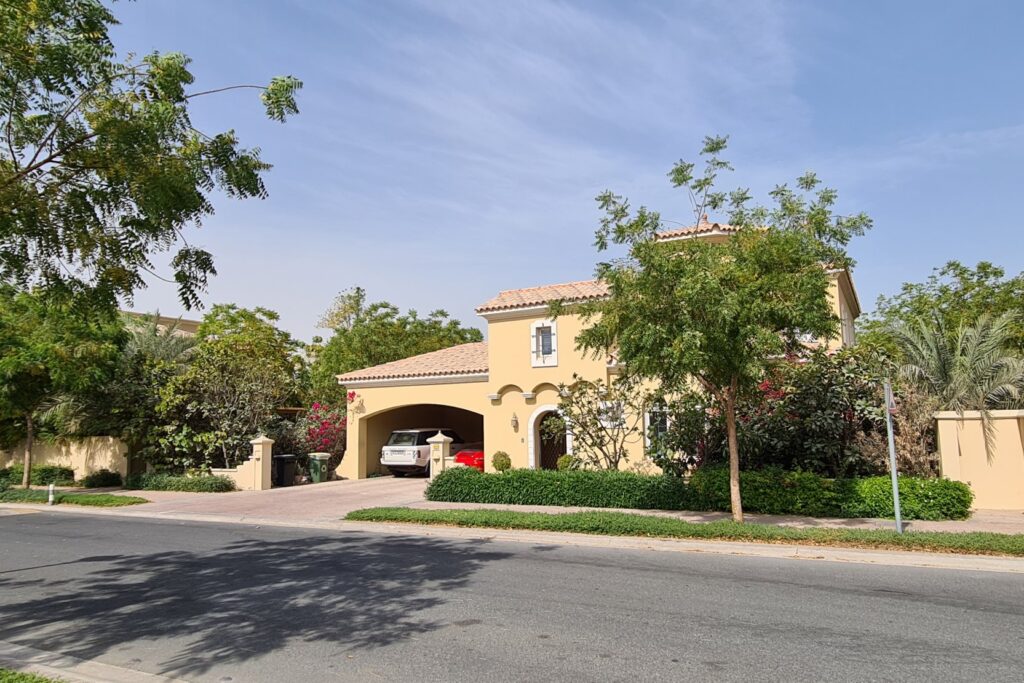Introduction: The Power of Community Engagement in Real Estate Marketing
In today’s competitive real estate market, standing out as a trusted and recognizable brand is essential for success. Beyond traditional advertising and digital marketing, real estate agents can tap into the power of community engagement to foster meaningful connections and build brand loyalty. Hosting community events is a proven strategy that allows agents to showcase their expertise, engage with potential clients, and position themselves as valuable members of the community they serve. Whether it’s a neighborhood meet-and-greet, a charity fundraiser, or a homebuying workshop, these events can significantly elevate your brand visibility and credibility.

Why Community Events Matter for Real Estate Agents
Community events provide a unique opportunity to reach your target audience personally. Unlike online advertisements or cold calls, these events create face-to-face interactions, fostering trust and rapport. Here’s why hosting community events should be part of your real estate marketing strategy:
- Humanizing Your Brand: Interacting with people in person allows you to showcase your personality and genuine commitment to the community.
- Building Local Expertise: By organizing events, you demonstrate your deep knowledge of the local area, establishing yourself as the go-to real estate agent in the region.
- Generating Leads: Events attract a diverse group of attendees, including potential buyers, sellers, and investors, creating opportunities to build your client base.
- Enhancing Brand Visibility: Sponsoring or hosting community events increases your exposure and embeds your brand in attendees’ minds.
Types of Community Events for Real Estate Agents
Not all community events are created equal, and the type of event you choose should align with your goals, audience, and resources. Here are some popular options:
Neighborhood Socials
Host informal gatherings such as barbecues, picnics, or holiday parties to unite the community. These events are excellent for networking and showcasing your approachable personality.
Workshops and Seminars
Organize educational sessions on first-time homebuying, real estate investment, or staging tips for sellers. These events position you as an expert and provide value to attendees.
Charity Fundraisers
Collaborate with local organizations to host events like silent auctions, fun runs, or donation drives. These activities demonstrate your commitment to giving back and building a better community.
Open House Events with a Twist
Transform your open house into a mini-community event by including local vendors, live music, or food trucks. This creative approach attracts a broader audience while highlighting your listings.
Local Business Spotlights
Partner with nearby businesses to host collaborative events, such as wine tastings or art shows, and introduce attendees to the area’s amenities.

Planning a Successful Community Event
Hosting a successful event needs careful planning and execution. Follow these steps to ensure your event goes smoothly and achieves your objectives:
Define Your Goals
Decide what you want to achieve with the event—brand awareness, lead generation, or community goodwill. Having clear goals will shape your planning process.
Choose the Right Venue
Select a location that is accessible, appealing, and relevant to the event. This could be a local park, community center, or one of your property listings.
Set a Realistic Budget
Estimate venue rental, permits, catering, decorations, and marketing costs. Ensure your expenses align with the potential return on investment.
Create a Promotion Plan
Use social media, email newsletters, local newspapers, and partnerships with community organizations. Personal invitations to your client list can also boost attendance.
Provide Value to Attendees
Offer something of value, such as expert advice, giveaways, or entertainment, to ensure attendees leave a positive impression of your brand.
Engage During the Event
Actively interact with attendees, answer their questions, and collect contact information for follow-up. Being approachable and attentive is key to making lasting connections.
Leveraging Community Events for Long-Term Branding
Hosting community events is not just a one-time effort; it’s an ongoing strategy to build and maintain your reputation. Here’s how to leverage these events for long-term branding success:
Capture and Share the Moment
Share photos and videos on your website and social media platforms during the event. This will showcase your involvement and attract future attendees.
Collect Feedback
Ask attendees for feedback to improve future events. Use surveys or informal conversations to understand what resonated with your audience.
Follow Up
After the event, send thank-you emails to attendees and provide any promised resources, such as workshop slides or exclusive property listings. Following up keeps your brand top-of-mind.
Build a Community Network
Stay in touch with the contacts you’ve made and invite them to future events. A growing network of engaged community members strengthens your local influence.

Building Strong Community Relationships Through Events
Hosting community events is more than just a marketing strategy—it’s a meaningful way to foster strong, lasting relationships within your local community. By engaging with residents, local businesses, and organizations, you position yourself as an integral part of the community, which is vital for building trust and loyalty.
One key advantage of hosting these events is the chance to connect with people on a personal level. Real estate is inherently relationship-driven, and buyers and sellers are likelier to work with agents they know and trust. Community events provide a relaxed environment where potential clients can meet you outside of a formal setting, making it easier to build rapport.
Moreover, events highlighting collaboration with local businesses or charities can significantly enhance your credibility. For example, partnering with a neighborhood café for a coffee meetup or hosting a charity drive with a local nonprofit shows your commitment to supporting the local economy and causes. These partnerships not only amplify the impact of your event but also expand your network and audience reach.
You create a ripple effect that strengthens your reputation by consistently engaging with the community. Attendees may share their positive experiences with friends and family, leading to valuable word-of-mouth referrals. Over time, this continuous presence can establish you as the go-to real estate expert in the area, ensuring that your brand remains top-of-mind whenever someone considers buying or selling a property.
Overcoming Common Challenges
Hosting community events comes with its challenges. Here’s how to navigate them:
- Low Attendance: To increase turnout, promote the event well in advance, partner with local influencers, and choose a time and date convenient for your target audience.
- Budget Constraints: Start small and scale up as you see returns. Partnering with sponsors can also help offset costs.
- Unpredictable Weather: Have a backup plan for outdoor events, such as a tent or an alternative indoor venue.
- Lack of Expertise: If you’re new to event planning, consider hiring an event coordinator or collaborating with an experienced partner.

Measuring the Success of Your Event
Evaluate your event’s success by measuring the following metrics:
- Attendance: Count the number of attendees and compare it to your expectations.
- Leads Generated: Track how many new contacts or inquiries you received during and after the event.
- Engagement: Analyze social media activity, such as likes, shares, and comments on your event posts.
- Feedback: Use attendee feedback to understand what worked well and what can be improved.
- Brand Recognition: Assess whether your visibility and reputation in the community have improved.
Frequently Asked Questions(FAQs):
How often should real estate agents host community events?
The frequency is based on your resources and goals. Quarterly events are a manageable starting point, but monthly activities can strengthen your presence in the community.
What is the best way to promote a community event?
Useital marketing (social media, email campaigns) and traditional methods (flyers, local newspaper ads) are to reach the target audience used.
Can small-scale agents afford to host community events?
Yes! Start with low-cost events, such as coffee meetups or free seminars, and grow your budget as you see results. Partnering with local businesses can also reduce expenses.
What types of events are better for lead generation?
Workshops and seminars on real estate topics often attract serious buyers and sellers ready to engage.
How can my event stand out?
Add unique elements like interactive activities, local entertainment, or exclusive giveaways to make your event memorable.
How far in advance should I start planning a community event?
Start planning at least 4-6 weeks for smaller events. More significant events, such as charity fundraisers or festivals, may require 3-6 months of preparation to secure venues, sponsors, and permits.
What role can social media play in hosting community events?
Social media is a fantastic tool for promoting your event, engaging with your audience, and sharing highlights. Use platforms, including Facebook and Instagram, to create event pages, post updates, and encourage attendees to share the event with their networks.
What should I do if turnout is lower than expected?
Focus on quality over quantity. Engage deeply with the attendees who do show up, as these connections can still lead to valuable relationships and referrals. Use the experience to refine your promotional strategy for future events.












